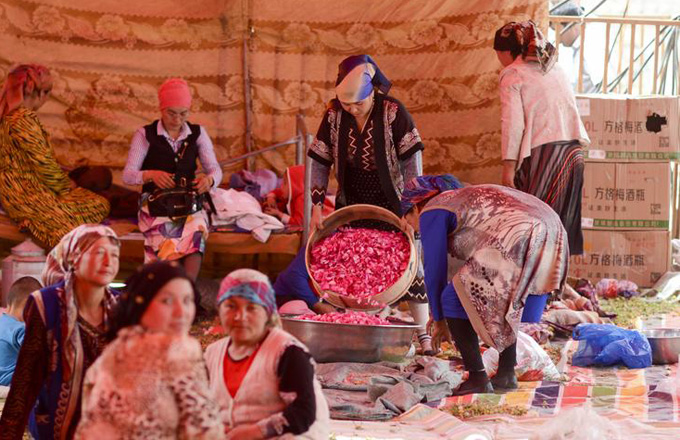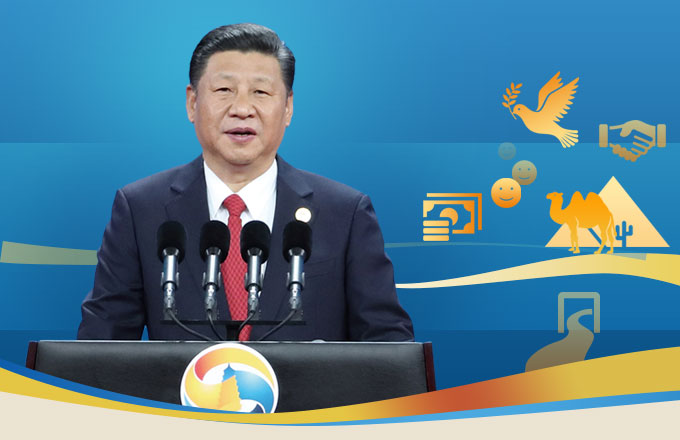Ivory carvers want craft preserved
Poaching
Zhou Fei, head of the China program at the wildlife trade watchdog, TRAFFIC, said the ban on the use of ivory is harsh, but necessary: "A total ban is the last resort to discourage local demand for black market ivory and to shut down smugglers' attempts to launder poached tusks in legal markets, even if our main target is the illegal trade, rather than those pieces crafted by masters."
According to the World Wide Fund for Nature, poachers kill 20,000 to 30,000 African elephants for their tusks every year. Asian elephants are also threatened, but on a smaller scale.
While Europe is the primary legal exporter of ivory, the Chinese mainland and the US are two of the biggest markets, along with Thailand, Hong Kong and Japan.
In recent decades, China has taken active measures to fight the illegal trade in ivory. Since 2002, annual monitoring by the Convention on the International Trade in Endangered Species of Wild Fauna and Flora has consistently identified China as the world's leading destination for ivory.
In 2008, a one-time sale approved by the commission saw 62 metric tons of ivory sold to China, and now carvers can work on tusks imported before 1989, when the international trade in ivory was outlawed. In other words, the nation's artisans have worked with legal ivory for the last nine years.
The State Forestry Administration allows just 5 tons of tusks to be used every year, and also administers the market for legal ivory by designating businesses and premises for ivory processing and trade. A certificate must accompany every ivory item, when it is on display and when it is sold.
"Both the Chinese government and the commission believe that the art of carving should be protected and the ivory trade can be strictly controlled through the use of legal tusks," said Zhou, from TRAFFIC. "However, when the regulation came into force, problems emerged."
The 2008 auction and China's adherence to the regulation may have confused the public, according to Zhou. "Lots of people think that ivory can be traded freely in China, and that they can buy ivory products through any channel," he said.

























